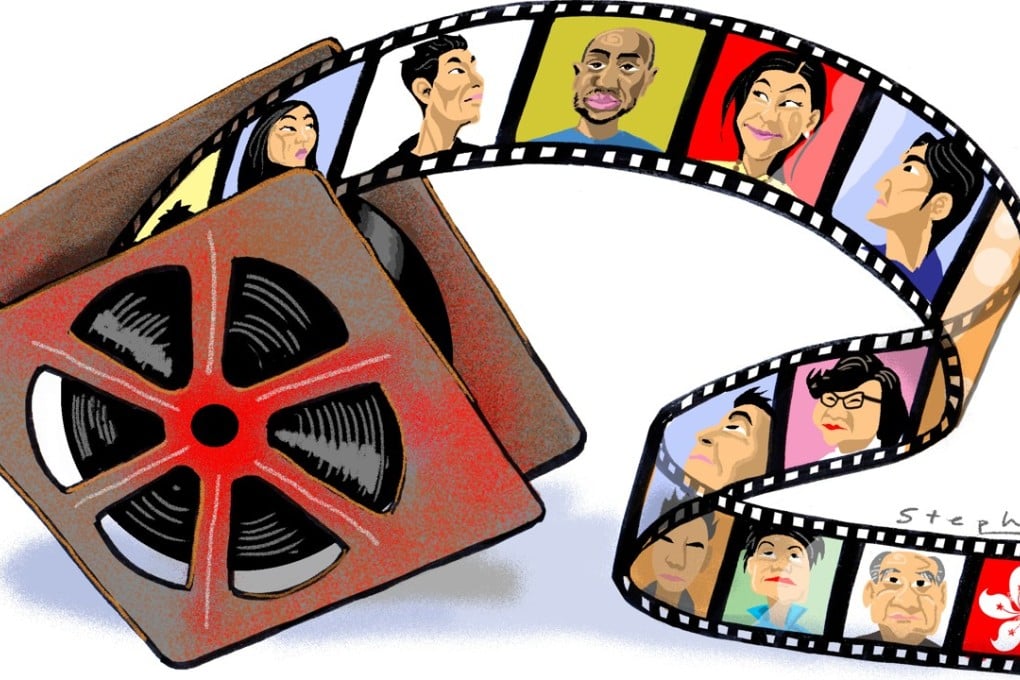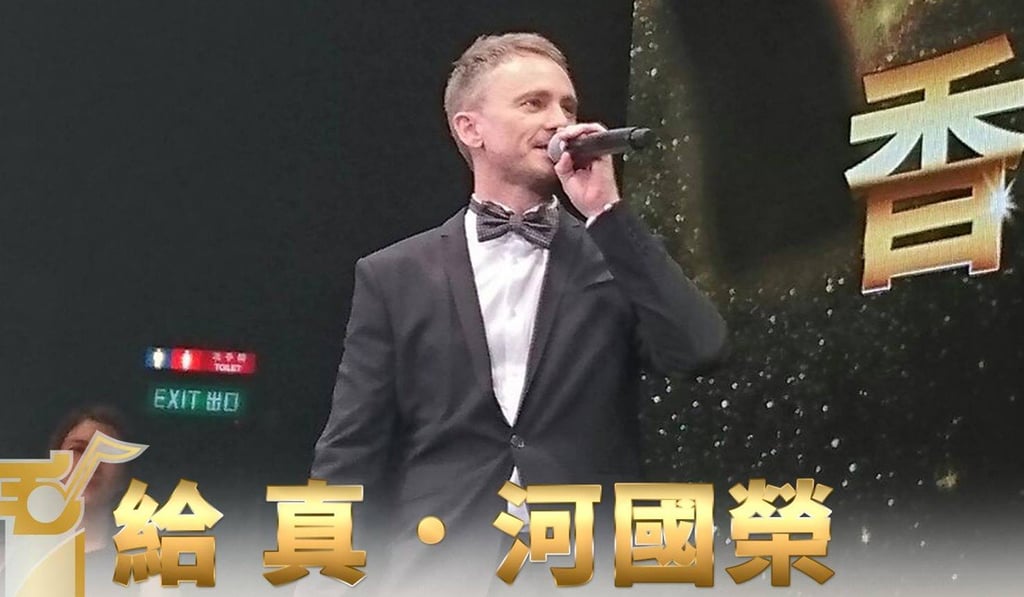Opinion | Is Hong Kong a multicultural city? Not in its films and television
Vivienne Chow says the city’s rich heritage in film and television does not reflect Hong Kong’s diversity of people and influences. Now, it even lags behind mainland China and Taiwan in its openness to foreign talent

Hong Kong is branded an international city, but the reality portrayed on our small and big screens points elsewhere: we live in a largely monolingual society where English is rarely spoken and people who have different skin colours generally fall into three categories — tourists, bosses and foreign domestic helpers.
The city is indeed primarily a Chinese society. According to 2016 census statistics, 92 per cent of the 7.34 million population is ethnically Chinese. Other ethnicities account for 8 per cent, of which more than half are foreign domestic helpers.
Cantonese is the city’s mother tongue and English, despite its legal status as one of the city’s two official languages, isn’t used in most people’s daily lives unless necessary – in business emails, when dealing with bosses, work colleagues and clients who do not speak the local language, sitting school exams, or instructing a foreign domestic helper to accomplish the almost impossible task of cooking Chinese food.
However, 8 per cent of the population equates to some 587,200 people. The reality is that they are living among us, and yet their Hong Kong stories remain largely untold on local television or in films.
Gregory Charles Rivers, arguably the most famous white guy in Hong Kong, played similar, stereotypical roles over and over again throughout his 20 years of on-screen life with the city’s biggest broadcaster TVB, despite his nearly perfect spoken Cantonese. If he wasn’t a top police officer, a priest or some kind of a boss in a show, he would be a foreign ambassador to the Qing court in some period drama. Rivers left TVB a decade ago.


